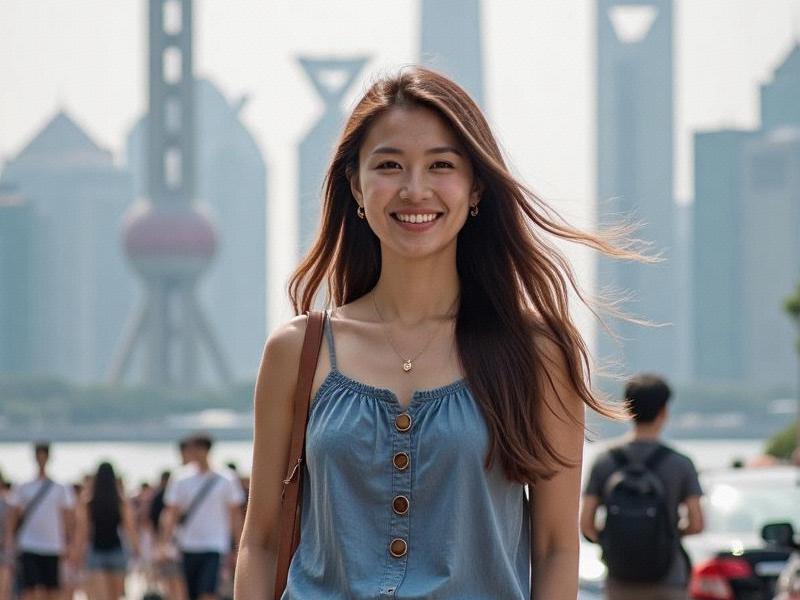
The morning light filters through the skyscrapers of Lujiazui as 28-year-old tech entrepreneur Zhang Meilin adjusts her qipao-inspired business suit before a crucial investor meeting. Nearby in the French Concession, retired ballet dancer Madame Wu hosts her weekly salon where women debate everything from blockchain to Song Dynasty poetry. This is the new face of Shanghai femininity - where tradition and progress dance in perfect harmony.
Shanghai has long been China's most cosmopolitan city, and its women have historically pushed boundaries. But recent years have seen an acceleration of this evolution:
• 63% of Shanghai startups have female co-founders (compared to 28% nationally)
• Women hold 41% of senior corporate positions (versus 19% in Beijing)
• Average marriage age for women has risen to 32.5 (from 26.2 in 2000)
上海龙凤419足疗按摩 • 78% of women report prioritizing career development alongside family life
Dr. Li Xiaowei, gender studies professor at Fudan University, explains: "Shanghai women have created a third way between traditional Chinese expectations and Western feminist models. They're proving you can honor filial duties while running billion-dollar companies."
The phenomenon manifests strikingly in fashion. Along Nanjing Road, traditional silk boutiques now display qipaos with smartphone pockets and moisture-wicking fabrics. "Modern Shanghai women want heritage with functionality," says designer Vivian Chang, whose fusion collections sell out within hours. Her customers range from university students to Fortune 500 executives.
上海龙凤419手机 Education plays a crucial role. Shanghai's female university enrollment rate stands at 97%, with women dominating traditionally male fields like finance (58%) and computer science (49%). At Jiaotong University's AI lab, lead researcher Professor Wang Jing credits Shanghai's unique environment: "The city rewards merit over gender. My team is 70% women because we hire the best minds."
Yet traditional values maintain surprising relevance. Weekly matchmaking events at People's Park still draw crowds, though with modern twists. "Parents now bring LinkedIn profiles alongside astrological charts," laughs matchmaker Auntie Chen. Her premium clients include female CEOs seeking husbands who will support their careers while maintaining family traditions.
The workplace transformation proves most dramatic. At global consulting firm McKinsey's Shanghai office, 65% of partners are women - the highest ratio worldwide. "Shanghai women combine Chinese discipline with global vision," says managing partner Grace Zhou. Her team has advised on $38 billion in cross-border deals this year.
上海花千坊龙凤 Cultural commentator Michael Zhang observes an intriguing paradox: "While embracing modernity, Shanghai women are actually reviving forgotten aspects of Chinese femininity - the merchant princesses of Ming Dynasty Shanghai who ran vast business empires while cultivating refined artistic tastes."
As dusk falls over the Bund, groups of women gather at rooftop bars not just to socialize but to exchange business leads, discuss philosophy, and plan community initiatives. The Shanghai Women's Foundation reports a 320% increase in female-led philanthropic projects since 2020.
What emerges is a portrait of Shanghai's women as architects of a new Asian femininity - equally comfortable discussing quantum computing at tech summits and practicing calligraphy at weekend retreats. In this city of perpetual transformation, they've mastered the art of evolving without erasing their essence.
